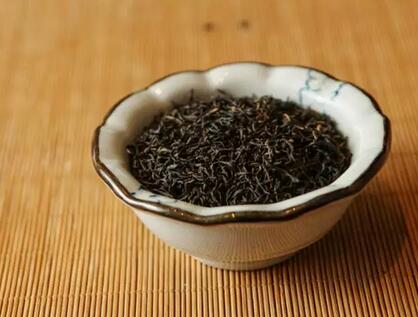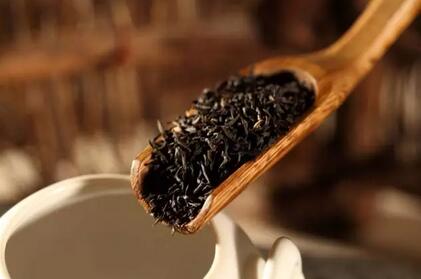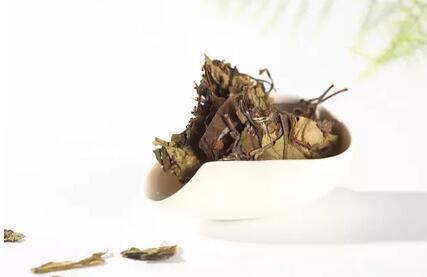On a cold winter night, savoring a pot of fine tea is a delightful experience that warms both the stomach and the heart. The ancient poem, "On a cold night, tea replaces wine when a guest arrives; the bamboo stove boils, and the fire glows red," paints a beautiful picture of nighttime tea enjoyment for many tea lovers.
However, many tea enthusiasts avoid drinking tea in the evening or even in the afternoon due to concerns about insomnia. In reality, there are ways to enjoy tea at night without losing sleep. If one method doesn’t work, try another.

1. First, the common belief that tea causes insomnia is due to its caffeine content. Caffeine is a double-edged sword—it can invigorate and keep you alert, but it can also prevent you from falling asleep when you need to. However, not all tea drinking leads to insomnia.
For example, some tea drinkers report that certain teas keep them awake while others don’t. Is this because different teas contain varying amounts of caffeine? Can we compare the caffeine content across the six major types of tea?
The caffeine content in tea depends on many factors, such as the tea variety, growing conditions, harvesting season, plucking standards, processing methods, and even brewing techniques. In terms of processing, caffeine is relatively stable, and its content doesn’t vary significantly across the six tea types. However, fermented teas generally undergo a process that slightly reduces their caffeine content.

Moreover, individuals differ in their tolerance to caffeine due to factors like physical constitution and lifestyle habits. Additionally, frequent and increased caffeine intake can gradually enhance one’s tolerance. Thus, while some tea drinkers may toss and turn after a small cup of tea at night, seasoned tea lovers can sleep soundly even after drinking tea before bed.
2. For those prone to insomnia after drinking tea, here are some tips to enjoy a soothing cup without disrupting sleep:
(1) Drink tea 3-5 hours before bedtime. For example, if you go to bed at 11 p.m., drinking tea before 8 p.m. (and at least an hour after meals) usually won’t affect your sleep. This is because caffeine takes effect in less than an hour for healthy adults, and its effects wear off within 3-4 hours for moderate doses.
(2) Rinse the tea leaves once or twice. Caffeine dissolves easily in hot water, and about 70%–80% of it is extracted in the first two minutes of brewing. Discarding the first infusion, which contains most of the caffeine, can help avoid insomnia.

(3) Drink lighter tea. Caffeine needs to reach a certain level to have a noticeable effect, and the body generally has some tolerance to it. Common beverages like cola, coffee, and chocolate also contain caffeine. Therefore, drinking small amounts of weak tea reduces caffeine intake and minimizes its impact on sleep.
(4) Opt for more fermented teas, such as fully fermented black tea. During fermentation, tea polyphenols are converted into compounds like theaflavins and thearubigins, which are gentler on the stomach. These compounds also interact with caffeine, reducing its direct intake and lowering the risk of insomnia.
(5) Choose sweeter-tasting teas. The sweetness in tea comes from soluble sugars like monosaccharides and disaccharides, as well as sweet amino acids like theanine. Studies show that theanine has neuroprotective, calming, and mood-regulating effects, which can aid sleep without side effects. For instance, white tea, known for its fresh and sweet flavor, has the highest theanine content among the six tea types.

(6) Drink aged tea. Teas suitable for aging are usually made from coarser leaves, such as Gong Mei or Shou Mei white tea, which naturally contain less caffeine than tender leaves. Additionally, caffeine content decreases over time as the tea ages.
Of course, those who aren’t significantly affected by tea in terms of sleep need not worry about these precautions.